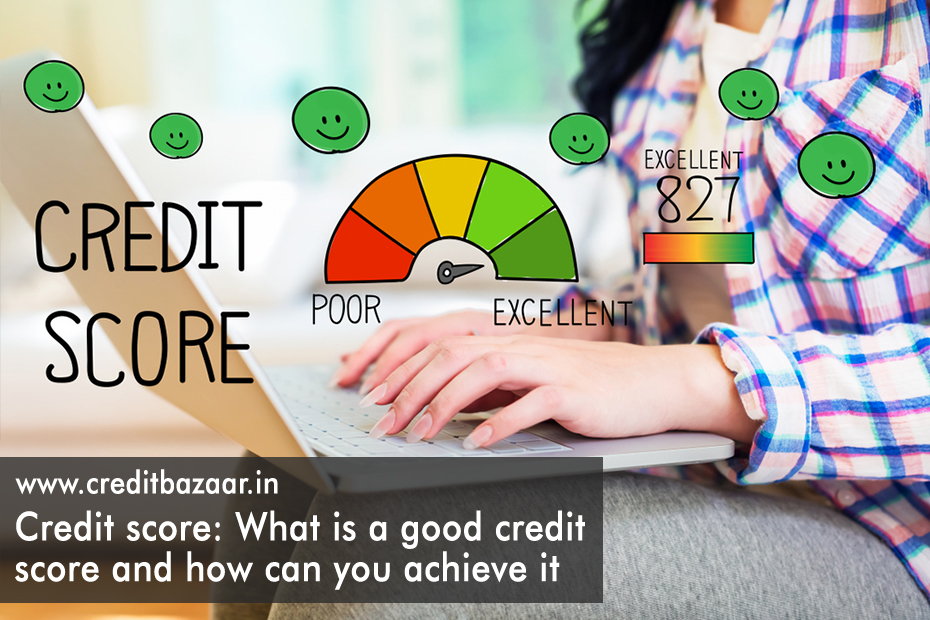What’s the credit score range
The credit score is three numbers, usually in the range of 300 to 850, which measures how much is possible to repay the loan and repay the debt.
Credit card companies add details from your credit reports to mathematical formulas that generate your credit scores. A low credit rating may not limit you to a credit agreement, but you may have to pay higher interest rates or deposit money into a deposit. You may need to pay extra for car insurance or deposit deposits on the services. Homeowners can use your points to determine if they want you as a tenant.
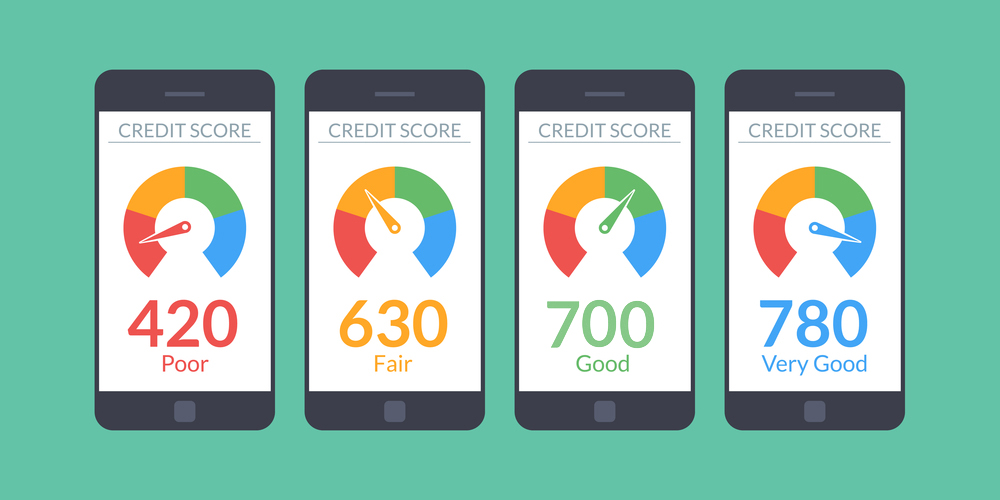
Higher credit points can give you access to more credit products – and lower interest rates. Borrowers with a score of 750 points or more often have multiple options, including the ability to earn 0% of cash on cars and credit cards with an initial interest rate of 0%.
When lenders or credit card issuers “check your credit,” they may check your credit report, credit score, or both. You can check your credit score – it doesn’t hurt your points – and know what the lender might see you.
The most widely used goal-scoring models have a credit range of 300 to 850. Lenders set limits on which schools they will accept, but here are some common guidelines:
What credit score range is good
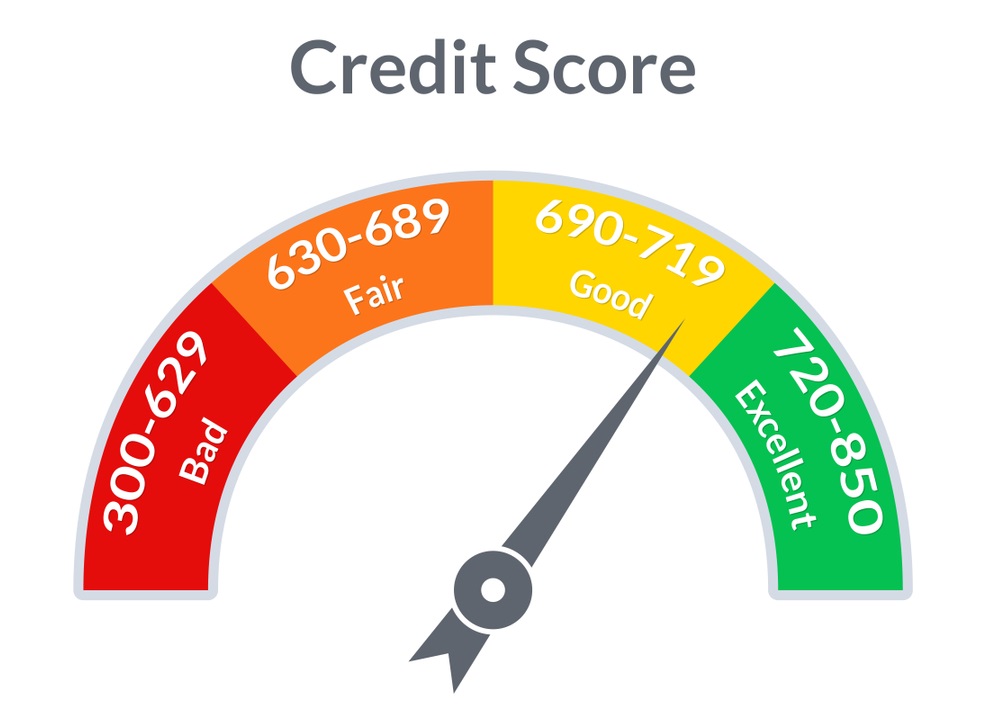
Exceptional Credit Score: 800 to 900
Consumers with a score of 740 to 850 are considered to be responsible whenever it comes to managing their credit and are the first to receive low interest rates. However, the best scores are between 800 and 850.
People with these points have a long history of zero late payment and low balances on credit cards. Consumers with good credit scores can earn lower interest rates on credit cards, credit cards, loans, and credit lines because they are considered less likely to fail on their contracts. Having a good credit rating especially helps in qualifying for a personal loan, as it often exceeds the performance of a mortgage loan.
Very Good Credit Score: 740 to 799
Debt points between 740 and 799 indicate that the consumer is usually financially responsible for financial and credit management. Most of their payments, including loans, credit cards, utilities, and rental payments, are made on time. Credit card balances are low compared to their credit account limits.
Good Credit Score: 670 to 739
Having a debt of between 670 and 739 puts the borrower closer to or slightly above the US consumer average, as the FICO national average is 711 from October 2020. While they can still get competitive interest rates, they are less likely to charge the right prices for those in the categories. Two high, and it can be difficult for them to get some kind of debt. For example, if a borrower wants an unsecured loan through some financial instituion, it is important that they shop around to find the right options for their needs with very few issues.
Fair Credit Score: 580 to 669
Borrowers with credit scores ranging from 580 to 669 are considered to be in the “fair” category. They may have some food in their credit history, but there is no major crime. They may be given credit by lenders but not at very competitive prices. Although their options are limited, borrowers that require cash can still get strong personal loan options.
Poor Credit Score: Under 580
A person with a score of between 300 and 579 has a very bad credit history.
This can be the result of a lot of automation on different credit products from several lenders. However, negative points can also be the result of a collapse, which will stay on the credit record for seven years or more.
Borrowers who fall into debt are less likely to get a new loan. Additionally, as long as you are able to pay your monthly bills, one of the leading debt repair companies can get bad marks out of your mortgage. If you are trying to get a safe loan through this school, be sure to compare every thoughtful lender to determine the riskiest options.
How to get a credit score report
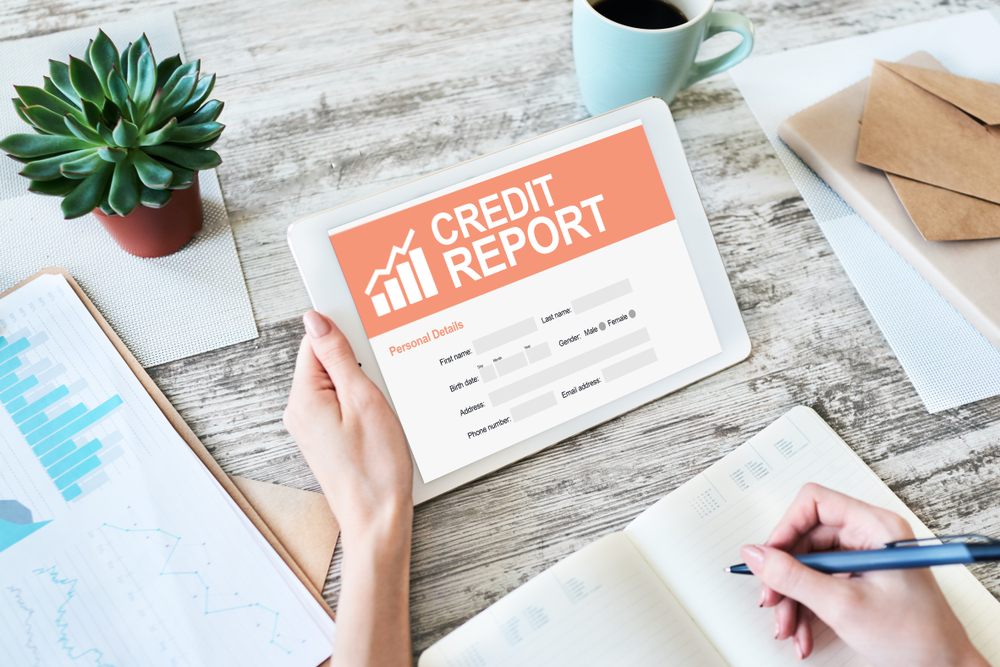
A credit report is like credit card information on how you manage your credit according to various factors. It is a detailed statement of where your record was on payment of credit, how much debt you spent, timely payment of EMIs, and the length of your credit history.
Credit bureaus or consumer reporting agencies collect and store information about your credit sent to credit card companies, lenders, banks, NBFCs, or other financial institutions. This information helps your lender decide to give you a loan again.
Your Credit Report is divided into three sections:
Personal details: Your name, address, employers.
Accounts: Payment history, current and outstanding credit card record, mortgage loans, and all other credit accounts.
Inquiries: Companies that have access to your Credit Report
Your Credit Report contains your credit score and applicable credit account details. Here’s how to read your Credit Report:
Credit Points: You can check your score and your school’s relevance. Credit determines your eligibility for loans and grades from 300-900.
Report Summary: In the report summary, you can view the number of credit accounts, the number of current balances, and the summary of the credit query.
Credit Account Summary: In this section, you can view a summary of all of your credit accounts available in the credit bureau database such as the number of credit accounts remaining, the type of loan, and the opening date.
Credit Account Details: In this section, you can read the details of your active loan or credit card accounts provided by your partner banks or financial institutions. Detailed information will contain personal information, account details, payment history. You can check for any late, missed, or overdue payments reported in your payment history. If there are any incorrect details, contact your bank as this information may affect your credit score.
Credit Questions: For credit inquiries, you can check the name of the credit bureau that has applied for a loan or loan application for you. Each credit query hurts your credit score. The high number of credit inquiries and short-term reactions is considered a major risk factor for the lender.
Missed Credit Questions: You can check authentication requests and request your Experian credit score and Credit Report in the non-credit inquiries section.
How to build a good credit score
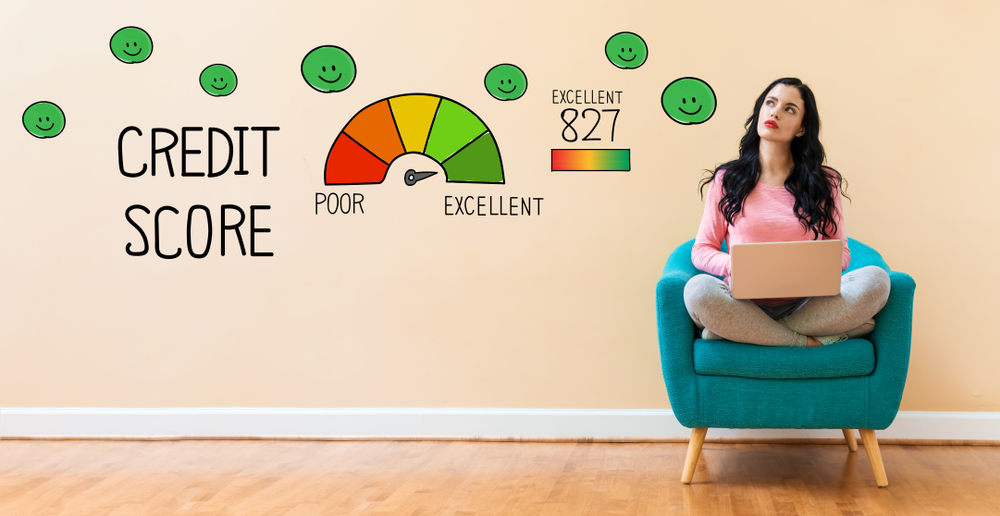
1. Pay bills on time
There is no way to improve your credit if you pay late. Why? Payment history is one major factor affecting credit scores, and late payment can remain on your credit reports for up to seven years. If you miss a payment for 30 days or more, call the debtor immediately. Arrange to pay if you can and ask if the lender will consider not reporting the missed payment to the credit bureau.
2. Pay regularly
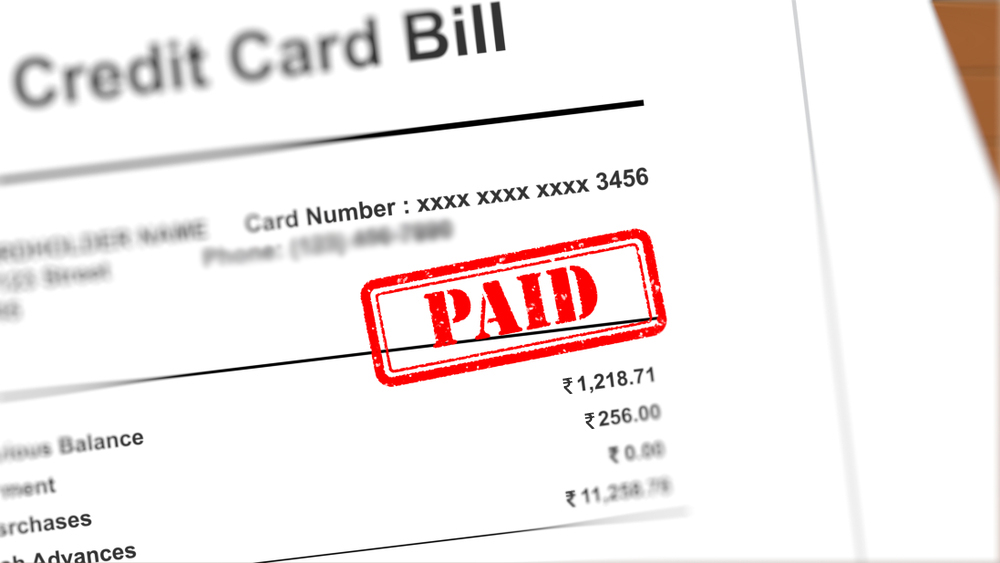
If you can afford to pay less – often called micropayments – for a whole month, that can help keep your credit card rates low and improve your credit. Making multiple payments every month triggers a needle in a debt aspect called credit utilization. After payment history, this is one of the things that most influences your score.
3. Ask for higher credit limits
When your credit limit rises and your balance stays the same, immediately reduce your credit usage, which can improve your credit. Call your card provider and ask if you can get a higher limit without asking for “hard” credit, which can temporarily leave your points a few points. If your income goes up, or you add years of good credit experience, you have a better chance of earning a higher limit.
4. Credit report errors
An error in one of your credit reports could be to downgrade your score. Fixing it can help you quickly improve your credit. Once you’ve identified them, refute those errors, so they can be removed. The credit bureau has 30 days to investigate and respond. Some companies promise to disprove mistakes and quickly improve your credit but continue to be cautious before choosing this option.
5. Be an authorized user
If you have relatives or friends who have a long record of credit card usage and a high credit limit, consider asking if you can be added to those accounts as an authorized user. The account holder does not have to let you use a card – or even your account number – to improve your credit.
6. Use a secure credit card
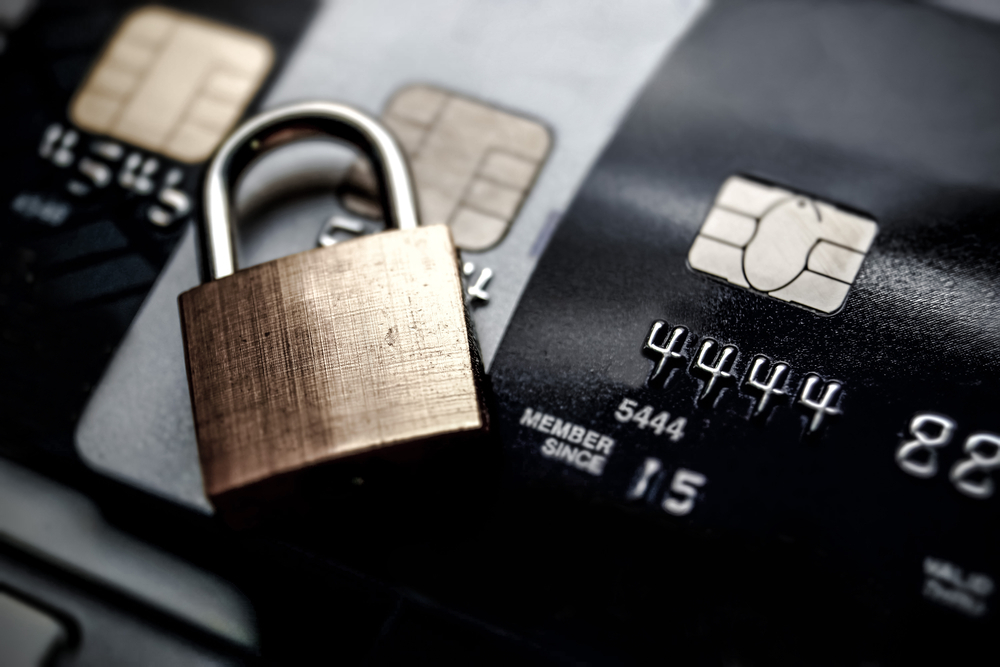
Another way to build credit from scratch or to improve your credit is to use a secure credit card. This type of card is supported by a deposit; you pay it in advance and the deposit amount is usually the same as your credit limit. You use it as a standard credit card, and your timely payments help your credit. Choose a secure card that reports your credit work to all three credit bureaus. You could also consider looking at other credit cards that do not require a security deposit.
7. Keep credit cards open
If you are rushing to improve your credit profile, be aware that closing credit cards can make work harder. Closing a credit card means you lose the credit limit of that card when your total credit limit is calculated, which can lead to lower points. Keep the card open and use it periodically, so that the donor does not close it.
8. Mix
If you only have credit cards or borrow money, consider getting a type of credit you do not need to improve your credit mix. Having both installment accounts and flexible loans, such as loans and credit cards, can increase your credit rating.
How can we help you improve your credit score
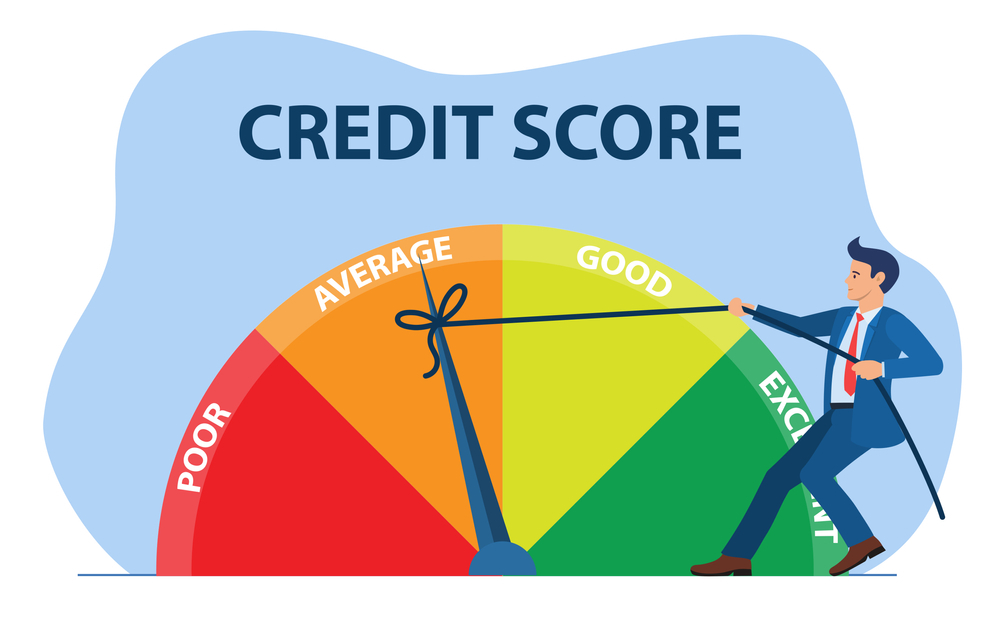
You will be able to survive in a bad credit situation, however, it will not always be cheaper and easier than ever if your credit score is bad. Credit points are a very important and important factor in seeking many benefits over time. High credit scores can make your financial life a lot easier and can help you save a lot of money. Credit Bazaar highlights the importance of the above debt in detail and provides you with various services related to insurance premiums, credit cards, personal loans, Corporate Health programs, Mutual Funds, Bazaar Improvement Plans, and so on.
If life is difficult, and you can’t keep up with keeping track of your credit score, get help from credit providers. Once you have registered, the credit bazaar will send you a monthly credit report with CIBIL score in your inbox. They also mark red flags, and you can talk to their experts when confusion arises.
In addition, the Credit Bazaar has met with many credit providers throughout the region, and when the time comes, and you need to borrow money, you can easily find one on their website.
